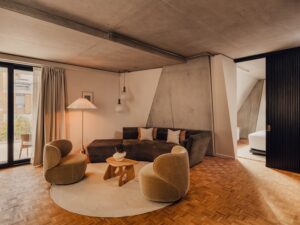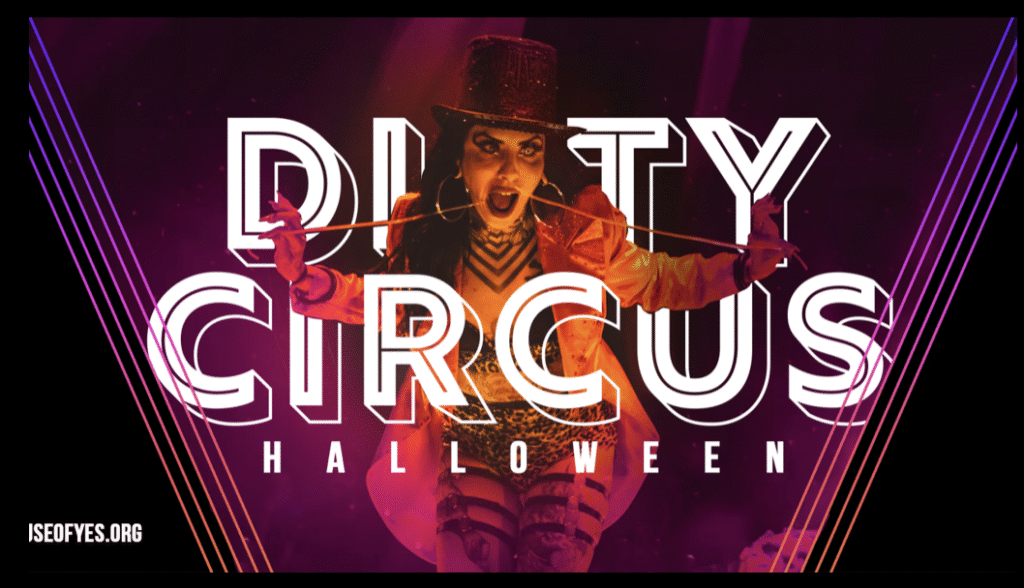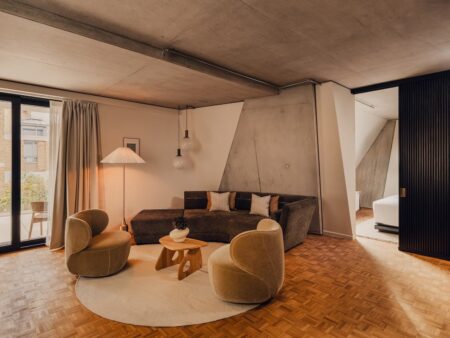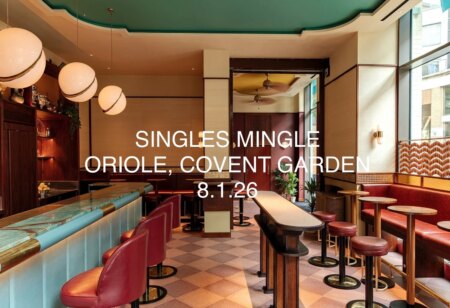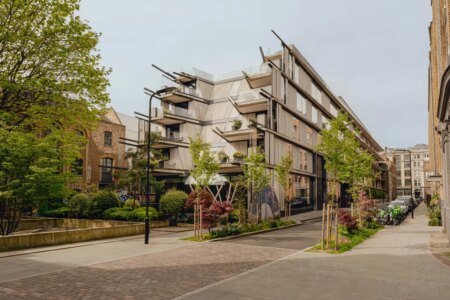Moises Mendez II’s recent column Straight Nonsense for Out.com has reignited a conversation about the growing presence of straight culture in queer spaces. His reflections stem from a personal experience at BearMilk, a Brooklyn gathering predominantly for Black and brown bears and their admirers, where a group of seemingly straight young people entered and disrupted the atmosphere. Mendez describes their behaviour—awkward standing, gawking, and public displays of affection in underwear—as a palpable intrusion that felt like a violation to many attendees. While some shrugged it off, Mendez asserts that genuine allyship requires respecting social cues and acknowledging when one’s presence is unwelcome, warning against entitlement that disrupts the sanctity of queer environments.
Brooklyn itself has long been a pivotal centre for LGBTQ+ culture, increasingly recognised as a global queer hub. The borough is home to iconic venues like Metropolitan, Sugarland, and House of Yes, which have historically nurtured inclusivity and community. However, this rise in popularity has not come without complications. Initiatives such as the Safe Spaces certification by Brooklyn Brewery and the Stonewall Inn Gives Back Initiative aim to maintain secure, welcoming environments specifically for LGBTQ+ people, underscoring the necessity of preserving spaces that allow queer individuals to thrive without compromise.
The issue Mendez highlights ties into a broader pattern that many within the community have noted: an influx of straight individuals into queer nightlife and spaces sometimes manifests as ‘queerbaiting’. This problematic trend involves venues adopting queer aesthetics or themes to draw larger, often straight, crowds, which can dilute the authentic experience and make queer patrons feel sidelined or uncomfortable. As reported in discussions around venues like House of Yes, when these spaces become commodified for their queer appeal without safeguarding the core community, the essence of safe spaces is jeopardised.
Mendez’s critique has found traction on social media platforms such as Reddit, where heated discussions reflect a spectrum of opinions on the matter. His call for straight people, particularly men, to ‘read social cues’ and respect boundaries resonates with many who see it as a plea for preserving the integrity and safety of queer culture rather than excluding allies altogether. Industry commentators and cultural analysts echo these sentiments, noting there is plenty of room for shared community, but it must be fostered through mutual respect rather than forceful entitlement.
Moises Mendez II’s own background as a culture reporter and writer with deep engagement in LGBTQ+ topics lends weight to his observations. Based in Brooklyn, he brings insights from his extensive experience with publications including TIME, The Atlantic, and Rolling Stone. His work often explores the intersections of identity, culture, and politics, providing context to the ongoing dialogues about what constitutes safe, respectful spaces within the queer community.
As queer spaces continue to evolve amid shifting social dynamics, these conversations serve as critical reminders about vigilance in protecting the sanctuaries where LGBTQ+ people can express themselves fully and freely. True allyship, as Mendez emphasises, is not simply about presence but about respect, understanding, and deference to the histories and boundaries of queer culture.
Source: Noah Wire Services


